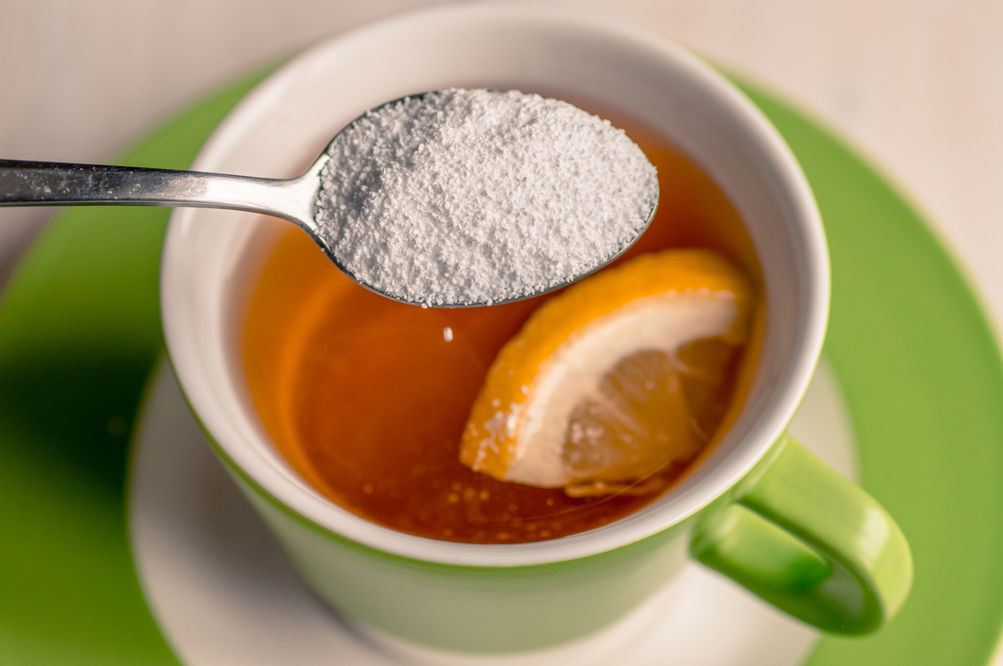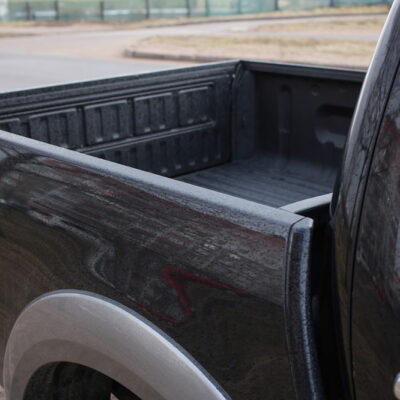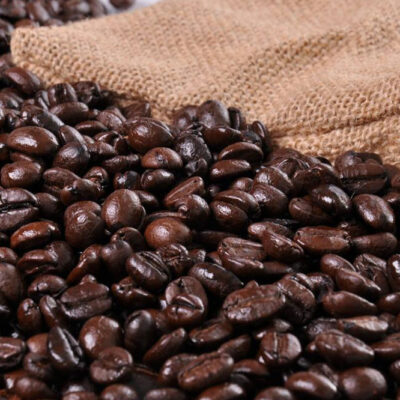
Foods to Avoid With Overactive Bladder
Overactive bladder, OAB, occurs when you have problems controlling a frequent or urgent need to urinate. This can happen during the day at work or throughout the night interrupting your need for sleep. It’s possible you may release a bit of urine that you can’t seem to keep from exiting your body. Overactive bladder in women is more frequent than in men. Here are a few things to avoid if you have OAB:
1. Alcohol
Alcohol has a big effect on our brain when you drink. For one, after a few cocktails, you often need to use the restroom. As time passes, the urge gets worse with a few more drinks in your system. Finally, you’ll have to give in and head to the bathroom. Drinking irritates the bladder, making OAB even harder to deal with. Consider cutting back on beer, hard liquor, or your favorite wine.
2. Artificial sweeteners
Many of us add artificial sweeteners to our tea, on food, or in our coffee. These make OAB symptoms increase as well. Research shows that these sweeteners, whether natural or artificial, affect someone who has OAB.
3. Carbonated drinks
If you love carbonated drinks, you might want to cut down or stop altogether. Sodas have a lot of bubbles and enhance OAB symptoms. Reducing your intake of these drinks can lessen the urge to head to the restroom.
4. Coffee/caffeine
Coffee is part of the morning for millions of people. It’s often the first beverage one reaches for and can’t do without. It’s one of the best wake drinks you can enjoy. Needless to say, caffeine ultimately hurts your bladder. If you suffer from OAB, try switching to tea, but make sure it’s decaffeinated. Research has shown that if you decrease your daily coffee intake to only one cup a day, you can improve your bladder problems.
5. Cheese
We can all admit that we love cheese, and it’s addicting. However, adding it to your meals or even using sour cream enhances symptoms of OAB. You have a choice between either dropping it from your menu or staying away from the aged cheese. Consider something that isn’t so processed.
Overactive bladder can occur when you least expect it. The important thing is to understand the symptoms and how to react. If you’re experiencing uncontrollable urination where you’ve released a bit in public, then you could have OAB. This means it becomes even more of a challenge to keep from sprinting to the restroom to relieve yourself. It might be time to talk to a doctor about what you’re experiencing. You can perform overactive bladder exercises. You can do pelvic exercises that help strengthen your lower muscles. This way you have a stronger ability to keep your muscles tighter so you can at least make it to the restroom. This prevents any further bathroom embarrassments.


